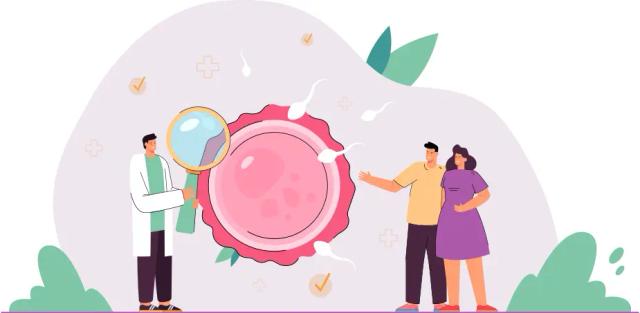Best IVF Specialist in India
Infertility treatments are that area of Assisted Reproductive Technology procedures that deals with the medical conditions associated with infertility and reproductive health. The best IVF specialists in India look for the cause of infertility symptoms to guide patients with the best infertility treatments based on their unique medical conditions to help them achieve their family goals.
Crysta IVF is dedicated to offer comprehensive infertility care through some of the best IVF specialist doctors in India. Here’s an expansive list of well-acclaimed and accredited IVF doctors in India who are committed to provide infertility treatment and care to couples who cannot conceive naturally due to various factors. The best doctors for IVF in India are popularly known for their high IVF success rates.
Find a Fertility Expert
Find the Highly Experienced and Specialized Doctors in your city
What People Say About Us
Loading reviews...
Begin Your Parenthood Journey with Crysta IVF
- FREE Consultation
- 0% on EMI
- Free Semen Analysis
- Get upto ₹20,000 Benefits

Talk To An Expert
Get Personalized Consultation!
By continuing, you agree to ourT&CandPrivacy Policies
Opt-in for WhatsApp updates



